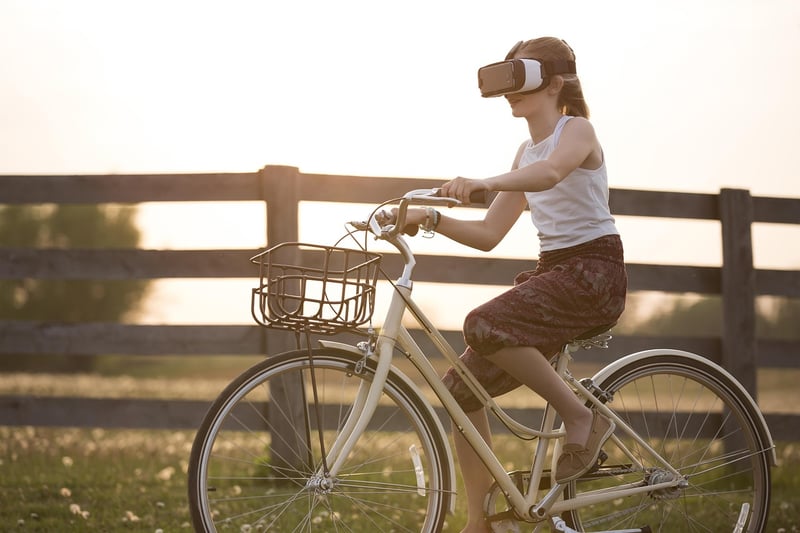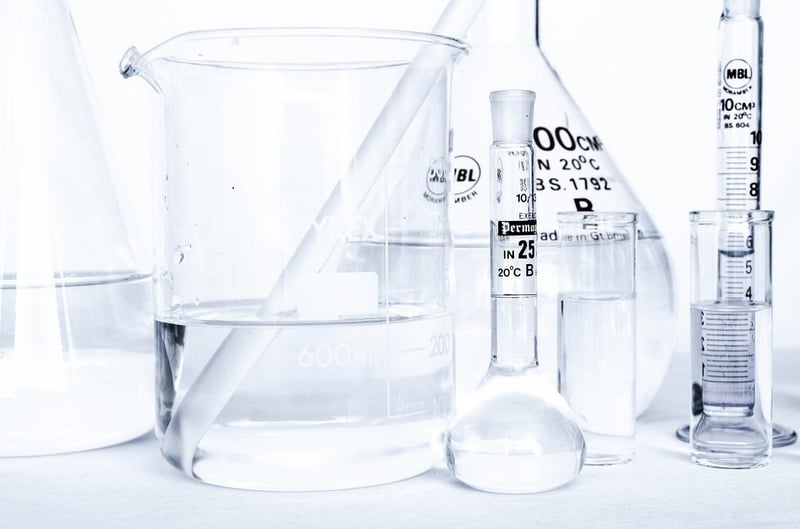Science Experiments
The Fascinating Intersection of Virtual Reality and Science Experiments
Virtual Reality (VR) technology has revolutionized the way we interact with the world around us. When combined with science experiments, VR opens up a whole new realm of possibilities for learning and discovery. Let's delve into how VR enhances the field of science experiments and expands our understanding of the world.
Enhancing Learning through Immersive Experiences
One of the most significant advantages of using VR in science experiments is the ability to create immersive experiences. By putting on a VR headset, students can be transported to different environments, such as the depths of the ocean or outer space, allowing them to explore concepts in a way that traditional methods cannot replicate.
Interactivity and Engagement
VR technology allows for a high level of interactivity, enabling students to actively participate in experiments rather than just observe. This hands-on approach not only increases engagement but also helps students retain information better as they are more involved in the learning process.
Safe Exploration of Hazardous Environments
Some science experiments involve working in potentially dangerous environments. VR provides a safe way for students to explore these environments without any risks. For example, students can conduct experiments in a simulated chemistry lab without the fear of accidents.
Real-time Data Visualization
VR technology can be integrated with sensors to provide real-time data visualization during experiments. This allows students to see data in a more interactive and engaging manner, helping them analyze results and draw conclusions effectively.
Collaborative Learning Opportunities
With VR, students can collaborate with their peers in virtual environments regardless of physical location. This opens up new possibilities for group experiments and discussions, promoting teamwork and communication skills among students.
Exploring the Future of Science Education
As VR technology continues to advance, the possibilities for incorporating it into science experiments are endless. From virtual dissections to simulations of complex physics phenomena, VR is reshaping the way we teach and learn science.

Embrace the exciting fusion of VR and science experiments to ignite curiosity, enhance learning, and inspire the scientists of tomorrow.
Explore more about the intersection of VR and science experiments here.
